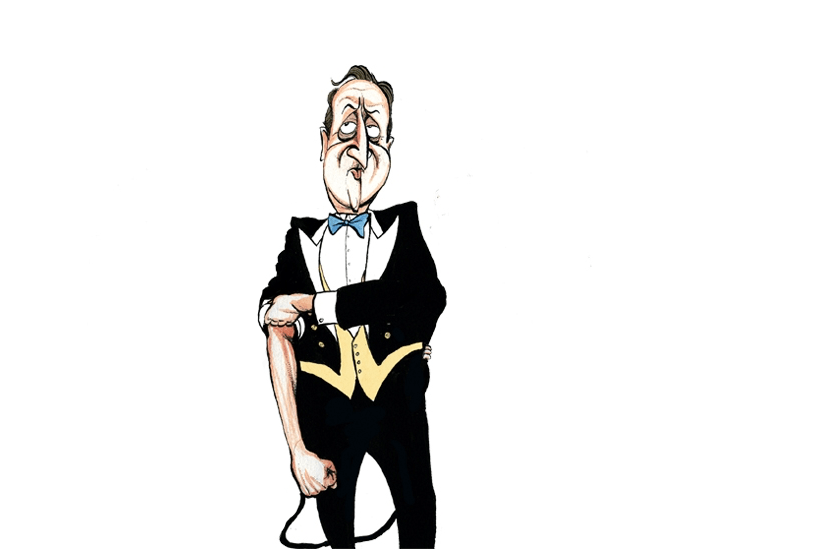‘It’s the return of Tory sleaze’: so said Keir Starmer at Prime Minister’s Questions on Wednesday. His was an assertion immediately echoed by various leading Labour figures across social media. Former prime minister David Cameron’s questionable relationship with Greensill Capital is the immediate occasion for this potentially toxic claim. But Labour clearly hopes to drag Boris Johnson, Rishi Sunak and many other ministers into the mix.
Already a subscriber? Log in
Subscribe for just $2 a week
Try a month of The Spectator Australia absolutely free and without commitment. Not only that but – if you choose to continue – you’ll pay just $2 a week for your first year.
- Unlimited access to spectator.com.au and app
- The weekly edition on the Spectator Australia app
- Spectator podcasts and newsletters
- Full access to spectator.co.uk
Or




















Comments
Don't miss out
Join the conversation with other Spectator Australia readers. Subscribe to leave a comment.
SUBSCRIBEAlready a subscriber? Log in